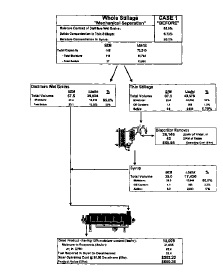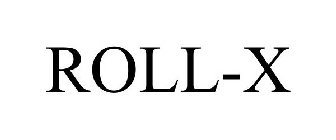South Bend, IN – The Northern District of Indiana has issued an order consolidating related trade secret, copyright infringement and patent infringement lawsuits a dispute between RV manufacturers, Heartland Recreational Vehicles, LLC of Elkhart, Indiana and Forest River, Inc. of Elkhart, Indiana. This order address five cases currently pending in Northern District of Indiana: 3:08-CV-490-JD-CAN, 3:09-CV-302-JD-CAN, 3:10-CV-011-JD-CAN, 3:10-CV-409-JD-CAN, and 3:11-cv-250-JD-CAN. In addition to Heartland and Forest River, Brian Brady, Catteron Partners and Thor Industries are also named in the suits.
The court found that three of the cases, 3:08-CV-490-JD-CAN, 3:09-CV-302-JD-CAN, and 3:10-CV-409-JD-CAN, involve Heartland’s acquisition of Forest River’s Master List. Since they involve similar questions, the court consolidated these three cases.
The court did not consolidate two of the cases. The court noted that 3:10-CV-011-JD-CAN is a copyright infringement case, where Forest River claims that Heartland infringed its “r.Pod” floor plan. The fifth case, 3:11-cv-250-JD-CAN, is a patent infringement case. In June. Patent lawyers for Heartland Recreational Vehicles, LLC of Elkhart, Indiana filed a patent infringement lawsuit alleging Forest River, Inc. of Elkhart, Indiana infringed Patent No. 7,878,545, Travel trailer having improved turning radius, which has been issued by the US Patent Office.
filed a patent infringement lawsuit alleging Forest River, Inc. of Elkhart, Indiana infringed Patent No. 7,878,545, Travel trailer having improved turning radius, which has been issued by the US Patent Office.
Indiana Intellectual Property Law and News blogged about the case here: Heartland Recreational Vehicles LLC Sues Forest River Inc. for Patent Infringement of Travel Trailer Turning Radius. The court found that the patent infringement case should not be consolidated because it would likely create confusion and make the litigation more complex.
The court, however, ordered that discovery in all five of the cases be consolidated.
Practice Tip: Under Federal Rule of Civil Procedure 42(a), common questions of law and fact are a prerequisite to the consolidation of cases
 Indiana Intellectual Property Law News
Indiana Intellectual Property Law News







